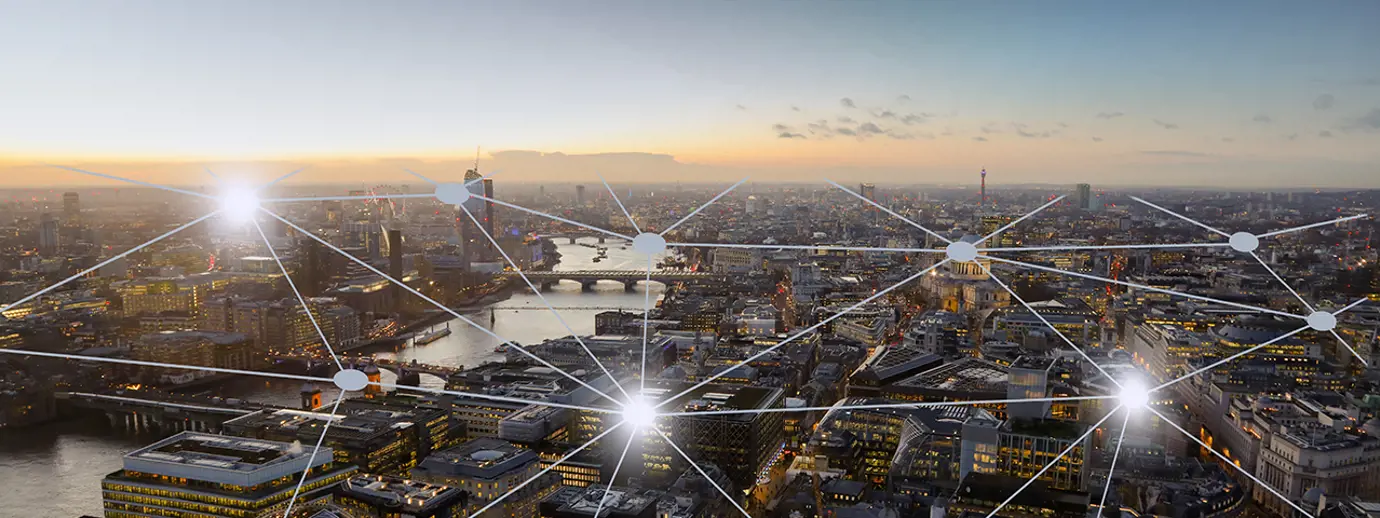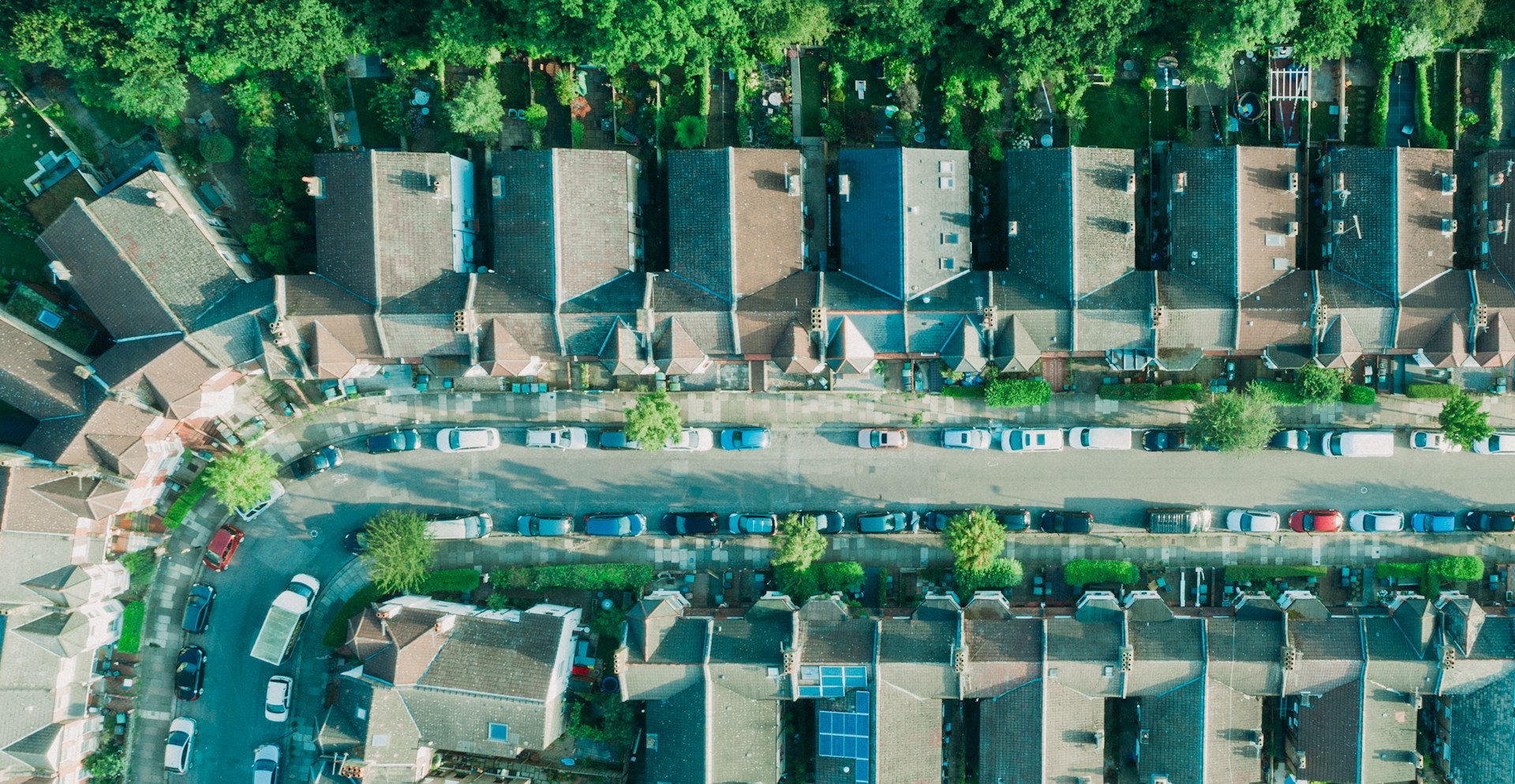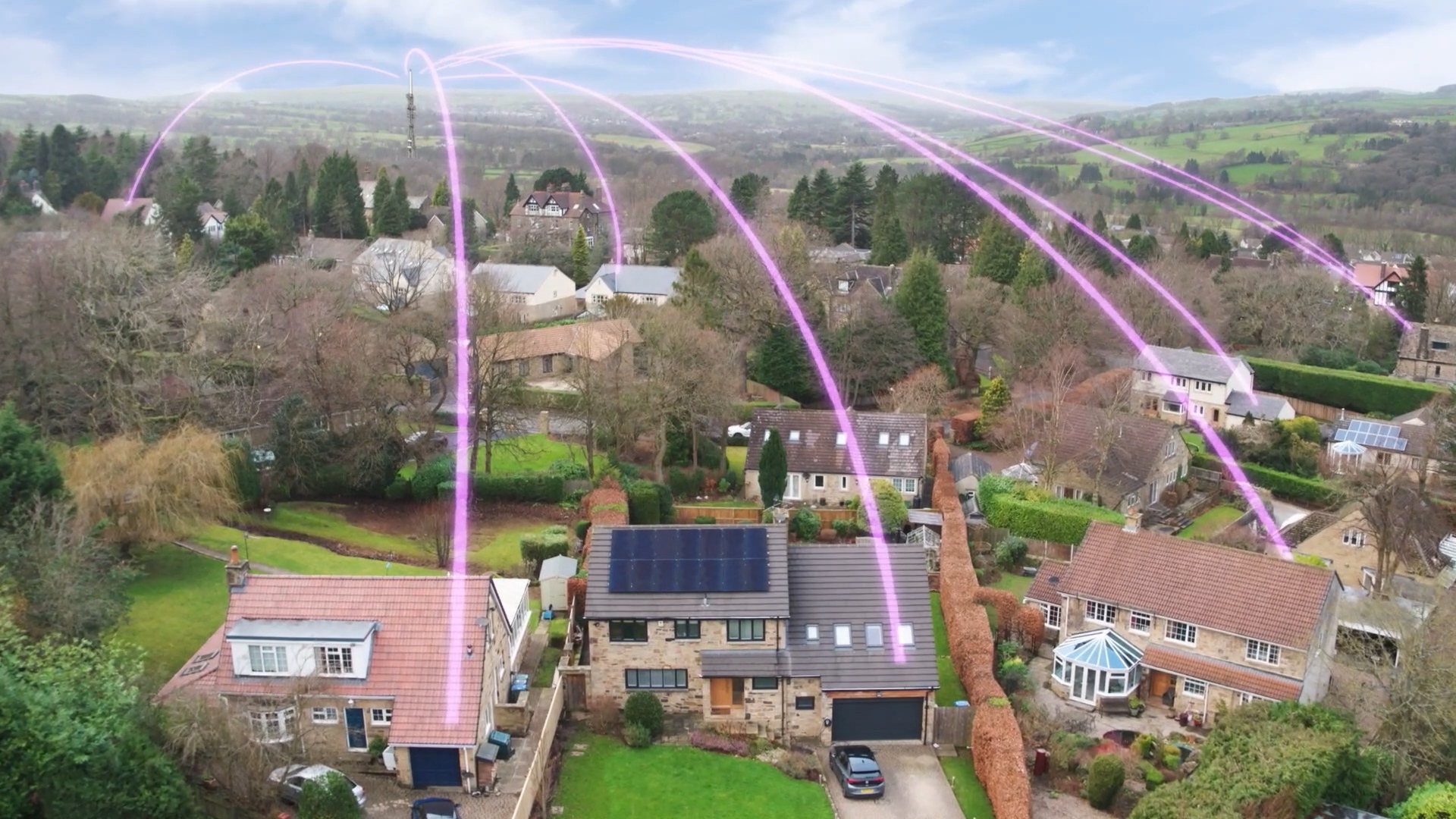At the DCC our mission is to make Britain more connected so we can all lead smarter, greener lives. Every year, as part of our licence conditions, we produce a five-year Business & Development Plan that sets out our strategic objectives and plans.
This plan is for our customers and stakeholders across the energy industry and sets out how we are continuing to support the smart meter roll-out. The core of what we do remains the same – we engage, design, procure, secure, assure and operate a reliable smart metering service that, at scale, will comprise a national network of 55 million meters in 33 million premises.
Over the past year, we and our partners have achieved some significant milestones. More than half the homes in Great Britain are now connected to the network with more than 27 million meters saving over one million tonnes of carbon dioxide annually.
As outlined in the recent National Audit Office report, the benefits of smart metering are beginning to be realised, ranging from lower costs for suppliers to broader power sector decarbonisation. Notably, these benefits included the Demand Flexibility Service put in place by the National Grid Electricity System Operator (ESO) over winter 2022-23 which enabled consumers with smart meters to receive a financial incentive for shifting their consumption from peak times.
Despite this progress, the effects of climate change, the energy crisis and ongoing cost of living challenges continue to necessitate a pivotal role for energy policy. In line with this changing context, the DCC has worked closely with Ofgem and the Department for Energy Security and Net Zero to ensure that the obligations on and expectations of the smart metering network continue to support broader policy aims and ambitions.
To reflect this and our ongoing evolution as an organisation, we will focus our efforts over the coming years on four strategic outcomes. These are designed to ensure that we are clear on the rationale for choosing to do what we do and have been developed in consultation with our stakeholders.
We will continue to focus on the delivery of a reliable and stable nationwide network. Last year, network availability was 99.9%, covering more than 99% of premises across Great Britain. However, that means some homes and small businesses are still not covered by the Wide Area Network. We are working hard to address this and ensure that all consumers can enjoy the benefits of a more digital energy system, such as those we have seen following the launch of the Central Switching Service (CSS). The CSS has supported over eight million switches since it went live, reducing the average time to switch by over 20%.
In operating the network we maintain a security posture and resilience expected of an asset deemed to be Critical National Infrastructure.
Working closely with our colleagues at GCHQ and the National Cyber Security Centre, we will continue to enhance our security protocols and policies that enable us to detect and respond effectively to emerging cyber threats.
We will measure our progress through independent assessment and leveraging established best practice, such as the National Institute of Standards and Technology Cybersecurity Framework (NIST CSF).
We are increasing our focus on right-first-time delivery, ensuring our services are delivered to the time, cost and quality expectations of our customers and wider stakeholders. We have put in place a number of initiatives to support this, including the implementation of the PRINCE2 process-based method of project management, the formal adoption of Treasury Green Book business case process and greater adoption of lifecycle management and service family principles.
Central to this is our next generation 4G Communications Hubs and Networks Programme. This incorporates customer feedback to build in the flexibility and scalability needed to support future over-the-air updates, allowing upgrades without the need for engineer visits.
At the same time, we need to ensure that our network remains fit for the future, providing the accessibility, flexibility, and speed of change expected of a modern network and commensurate with the scale of the net zero challenge. Central to this will be the evolution of our Data Service Provider (DSP) – the smart metering network’s core messaging platform – into a more flexible, disaggregated architecture.
Our vision is for customers to be able to develop products and services directly on the network, reducing the cost of change and cycle time.
In doing so, we will not only enhance our customers’ experience of the network but also ensure that they, and others, can unlock its transformative possibilities – from helping to combat fuel poverty, to accelerating activities linked to energy efficiency targets and enabling system-wide grid flexibility.
As a licensed monopoly, we have a responsibility to consumers to deliver value for money and ensure that at a time of challenging household budgets we do not place significant additional costs on their energy bills. To this end, we have set ourselves a target of £30m in enduring cost efficiencies over the next three years. We have a responsibility to our people to offer an engaging and compelling career choice. Finally, a responsibility to the planet that we act sustainably, limiting our emissions and embodying our purpose to live greener lives through the actions we take across our organisation. We will measure and manage our progress on this through our Responsible Business Framework.
Of course, this five-year period will also be marked by a change in regulatory arrangements for the DCC, with our current licence due to expire in September 2025. At the time of writing, we are still awaiting Ofgem’s decision on our future licence model. But, irrespective of the outcome, we are committed to working with the regulator and our customers to ensure a seamless transition.
The urgency of the change to a decarbonised and digitalised energy system that delivers for consumers has never been clearer, as outlined throughout the Climate Change Committee latest progress report. As an already established national asset, highly secure and operating at scale, the smart metering network and the DCC provide a platform for policy implementation that can both accelerate decarbonisation and drive social good. Leveraging this effectively will ensure we are all in a position to lead smarter, greener lives.

Angus Flett
CEO, Smart DCC
Related documents
Further reading






